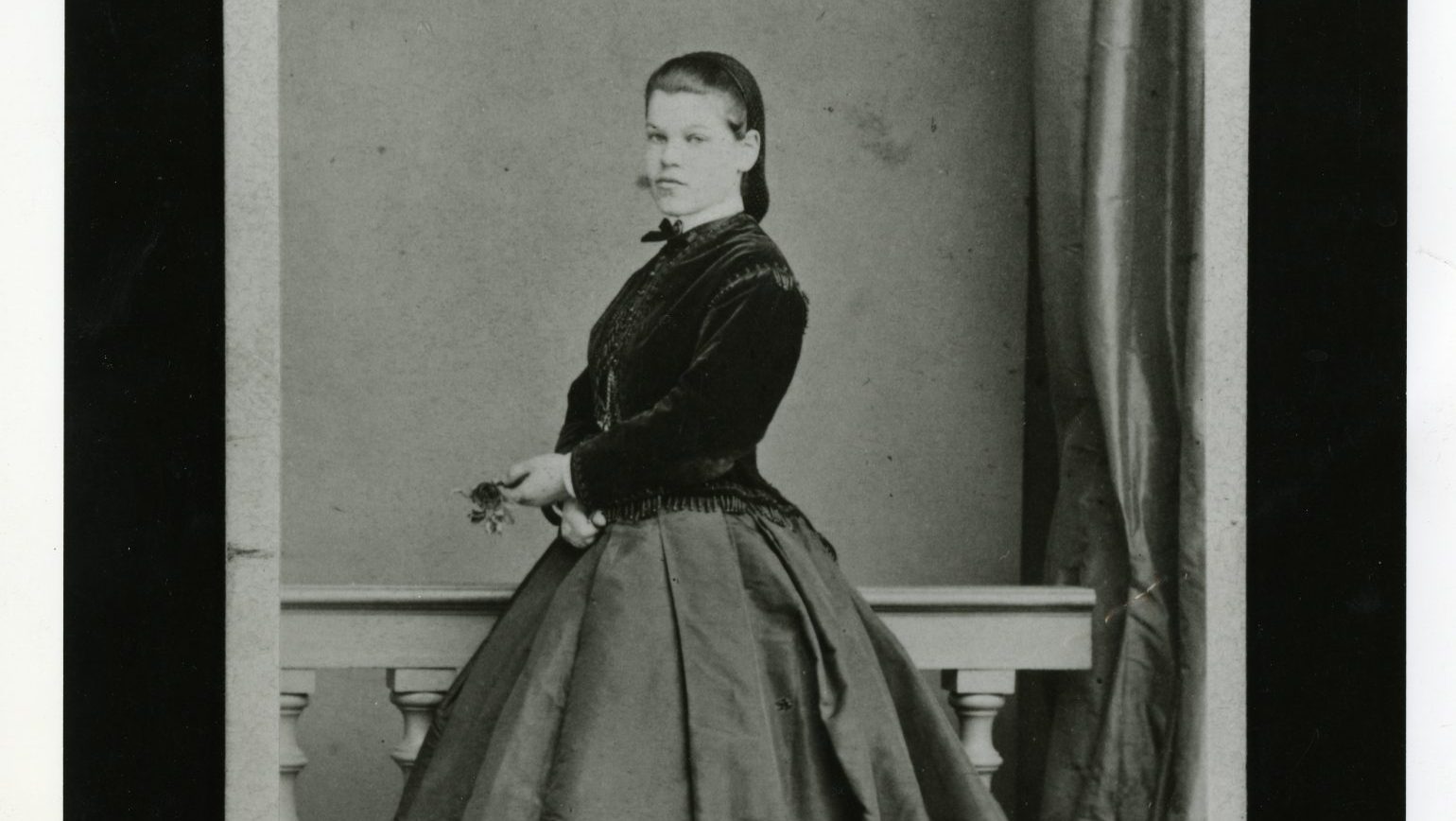Reviewing Polish erotic thriller 365 Days here recently, I wrote about the disorienting experience of watching a movie seemingly made up of loosely
linked music videos and wordless montages. That film lacked enough
intentionality to be ironic fun but at least it offered up an occasional bit of
slapstick to reassure the viewer that it knew what level it was operating on.
Clark, on the other hand, is a TV series blighted both by the tendency to reduce itself into repetitive montage sequences and by excessive self-regard. It is consciously trying to be fun and exciting without ever achieving either. It leans fully into an old fashioned admiration of masculine criminal violence without reflection, except that of the most sentimental, redundant kind. It is composed almost entirely of moments which would make for a fairly accomplished trailer for itself, without anything to back it up.
It’s a shame, because Clark is about something properly interesting. Its
cultural echoes, if explored sensitively, would be worthy of its six-hour running time, unlike the actual finished product which so clearly screams out to have been cut into an 80-minute thrill ride instead of the relentless, mindless repetition we end up with. Clark Olofsson (played here by Bill Skarsgård with squandered charm and sporadic brilliance) is a famed Swedish criminal, known as the country’s first celebrity gangster. He became well known to the public after a spate of robberies, assaults and prison escapes – he escapes prison so many times that one has to question whether Scandinavia’s comparatively humane prison system could indeed be described as a prison system at all. He had a remarkably handsome mugshot and attracted many different women both to sleep with him and provide him with material aid.
Then in 1973, Olofsson became embroiled in the crime that helped to coin the phrase “Stockholm Syndrome”. His former cellmate Jan-Erik Olsson held up a bank, taking four hostages, and demanded the police deliver Clark from prison to help him out. Reunited, they remained in the bank for six days.
After release the hostages refused to testify against their captors, leading to
the highly fuzzy and effectively useless terminology “Stockholm Syndrome”,
meaning a form of brainwashing which victims undergo in which they begin to sympathise with their captors.
Clark is only an interesting prospect because of Olofsson’s involvement with
this intriguing example of media-driven pop psychology gone askew, but the
show waits until the end of the fourth episode to even begin approaching it.
Until then it’s a telling of Olofsson’s origin story and crimes, all portrayed in
a sub-Tarantino gushing glorification.
The makers of the show do some fairly heavy-handed justification for Clark’s behaviour, revisiting his squalid childhood with an abusive alcoholic dad and depressed mother, but there’s a difference between trying to expose how often the roots of criminality begin with abuse, and simply celebrating violence as a thrilling rebuttal to life’s mundanity. Maybe his violence and
disregard for the rights of others did bring Olofsson some much-needed
release, but it doesn’t sit right to propose that all his discarded women were
justifiable and often laughable expenses at the cost of his interior liberation.
The wasted opportunity to interrogate the reality of Stockholm Syndrome is the real failure here, though it would hardly fit into the archaic gender dynamics they’ve gone for. In fact, what we get wrong about Stockholm Syndrome also is based in the kind of thoughtless sexism on show here: the women hostages were implied to have fallen in love with their kidnappers, and this logic has extended over the years to theories about domestic and sexual abuse which posit that victims are brainwashed to enjoy or valorise their abuse. The whole theory is completely unscientific and without formal basis, and neglects to address the competing logic that those who are being held captive or are otherwise oppressed may need to present as complicit in order to more easily survive.
It also, in the specific case of the Olofsson bank robbery, had to do with
failures of those who were supposed to help the victims. The police behaved in a way the hostages found to be unhelpful and threatening to their safety, as opposed to the bank robbers who they could see didn’t wish to cause them
harm unless they “had to”. Anger at the police was the driving force behind their later defence of the kidnappers. Women were presumed to be compelled by dopey sentiment rather than crediting them with the complexity to behave out of a mixture of trauma and pragmatism.
This is the problem with Clark as a whole, that everybody, especially its
leading man, is seen to act out of nothing but pure libido and reactive
impulse, and nobody seems remotely like a human being. There are a few
moments of genuine fun, but it’s definitely not enough to take up six hours of your life.
Clark is streaming now on Netflix




